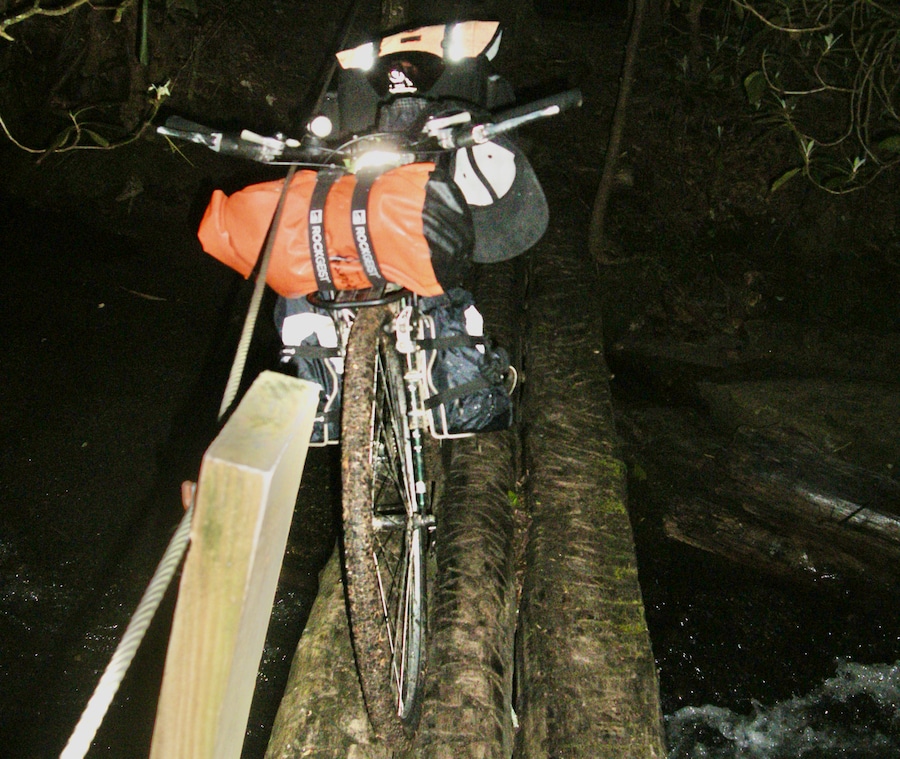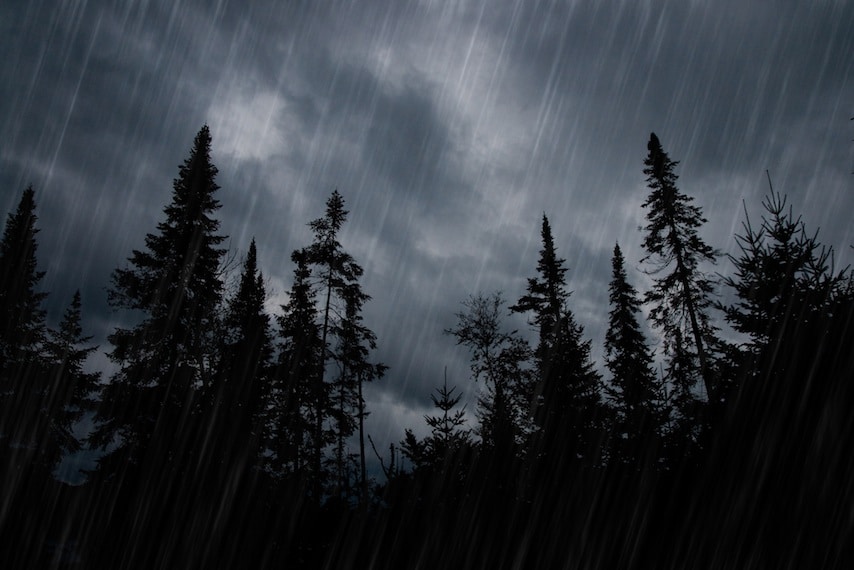The Three Bears: Part 3 — Decision Time for the Trailbike Rider
WildlifeEditor’s Note: Below is final part in Stephen Mullaney’s three-part series of essays about encounters with bears in the backcountry. The first essay in the series recants the shock Stephen experienced with one particular bear encounter, while the second essay in this series attempts to find humor in a persistent bear taking up quarters in an NCOAE camp late at night. This time around, Stephen — who serves as Director of School Partnerships here at The National Center for Outdoor & Adventure Education (NCOAE) — writes about a timing issue.
Decision Time for the Trailbike Rider
When NCOAE offers larger courses or custom outdoor education courses, we try to have a floater in the field. The floater is an instructor who knows the course area, can navigate to multiple groups in a single day, and has the ability to be flexible and help out when groups are in need of extra support.
I enjoy being a floater because it allows me to see the NCOAE field staff in action. To watch an NCOAE instructor teach is inspiring to me. It also has the added benefit of allowing me to discover different approaches to teaching our curriculum. As a result, being a floater is akin to real-time professional development.
On one particular wilderness course for which I was the floater, we 11 crews/groups in the field. Because of the distance between the groups, the terrain that would need to be traversed, and the need to reach groups quickly, I figured using a trail bike was a no brainer. I could get to each group every four days and still be able to respond to any group that may need outside support in a quicker fashion.

Each day I woke up, left the crew with which I had spent the night, and headed off to meet the next crew before they had even had their breakfast. Then I was off to the next group before lunch, and I usually showed up to meet my final crew for the day a little before dark. Or very much after dark depending on circumstances.
(more…)What’s Your Plan if Your Wilderness Group Becomes Lost?
Risk ManagementIn the 1997 film “The Edge,” starring Anthony Hopkins and Alec Baldwin, the pair find themselves lost in the Alaskan wilderness following a plane crash.
The Hopkins character tells the other man that most people who become lost in the wild die of shame. “They say, ‘What did I do wrong? How could I have gotten myself into this? And so they sit there and they die. Because they didn’t do the one thing that would save their lives — thinking.”
Great movie, with the protagonists stalked by a Kodiak bear, but the question it raises is this: It’s easy to feel lost, but have you ever really been lost?
Sitting in with a group of wilderness instructors, you’ll sometimes hear personal stories of temporarily losing their way on the trail, and many of our students tell stories of “getting lost” while leading their peers.
One definition of truly being lost means “having to be found by others.” But if you find your way back to your group or destination on your own, maybe you were just “feeling lost” and then your wilderness skills kicked in to get you back safely.
However you define it, we all need to refresh our knowledge of knowing our way around the backcountry.
When Feeling Lost and Alone
Below are some tips on what to do if you (more…)
TALK TO US
Have any further questions about our courses, what you’ll learn, or what else to expect? Contact us, we’re here to help!
